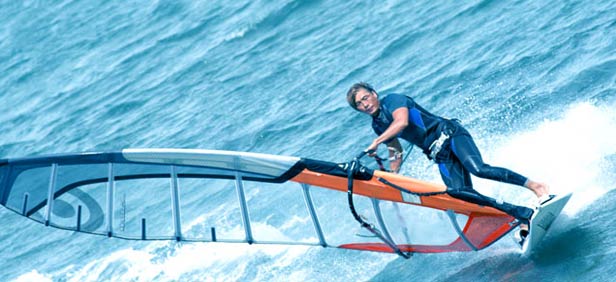The term water sport does not just apply to the world of synchronized and competitive swimming. While both of those are water sports, there are many other activities that fall within this category too such as free swimming, snorkelling, canoeing, surfing, and scuba diving to name but a few. Water sports are great for your health as they can produce different types of exercises and health benefits that workouts on land do not offer. Taking up water sports as a hobby is a great decision for anyone of any age.
When exercising within water, water increases the buoyancy of a person by 90%, therefore taking the stress off of joints and muscles, preventing exercise related injuries from occurring as often as they would on land. Water provides natural resistance, so it makes feel like you have a weight suit strapped around your entire body. This can make you work a little bit harder, giving you a great cardiovascular workout.
Water sports exercise the mind just as much as the body. When participating in mentally demanding water sports such as competitive and synchronized swimming, a person can train their mind to adapt to the methods of timing, balance and rhythm along with their arm, leg and core muscles.

Examples of Water Sports
- Competitive Swimming – Many athletes participate in competitive swimming every year, and it’s no wonder why. Competitive swimming exercises both mental and physical strength. Racing against other swimmers teaches technique and speed. Swimming in a competitive environment exercises motor and social skills too.
- Free Swimming – Even though freestyle swimming isn’t as physically and mentally demanding as competitive swimming, it still exercises the arms, legs, and abdomen, plus it’s great for relaxation. Eliminating stress can be a large factor in losing weight and freestyle swimming can certainly remove any tension you may have after a stressful day.
- Wind Surfing – Because you have to become accustom to standing upright on a board, wind surfing is a good physical exercise for the legs. Your shoulders and back also play a part in holding you up while you sail, and therefore you strengthen those parts of your body as well. The more often you wind surf and the better you become at it, the more beneficial the exercise will be.
- Kayaking – Kayaking is an upper-body workout that can improve both cardiovascular and mental health. The serenity of kayaking can clear your mind and leave you stress free, while strengthening your arm muscles with the continuous paddling.
- SCUBA diving – SCUBA diving is an excellent way to burn extra calories and tone muscles in the arms and legs in a way that is relaxing and stress-free.
There are lots of different types of water sports, and they’re all beneficial to your fitness levels in one way or another. Even water sports that take place over the water like canoeing or water skiing can have significant physical and mental health benefits.
The Socialisation Involved in Water Sports
Especially in water sports like sailing and synchronized swimming, socialisation and communication skills are necessary for effective teamwork. Social skills need to be nurtured over time, and starting children early in the water with swimming classes can help them learn what it means to be social in a positive way. Water sports can help adults with socialising too and it may open doors to new experiences with unique people.
Taking up water sports is beneficial for people of all ages, ethnicity, shape, and size. If you’re interested in participating in water sports, you can check out the latest equipment over at h2o Sports.




